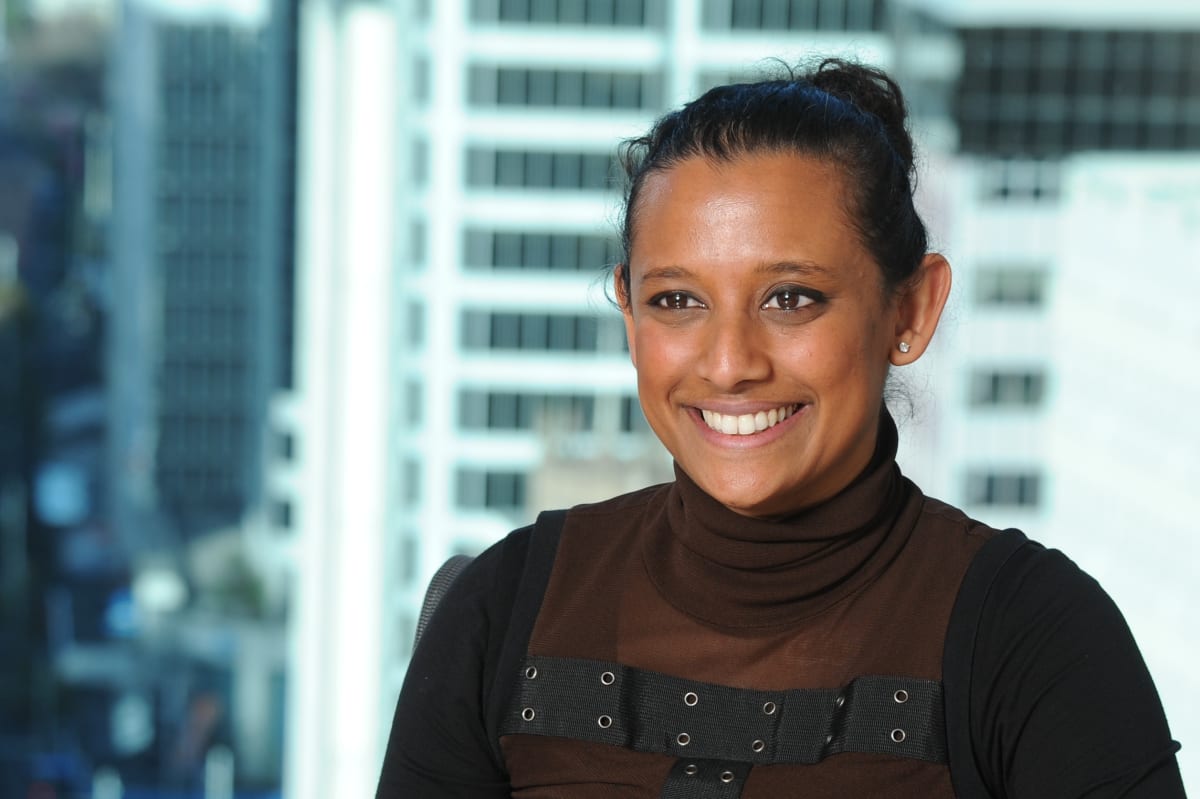
Wayne Brown says council-controlled organisations are underperforming. But shouldn’t hard-to-measure human benefits be part of the way we value government organisations?
Human benefits are a key consideration for Auckland council-controlled organisations, but a lack of reporting systems makes them targets for political stone-throwing.
New Mayor Wayne Brown had expressed his distaste for their spending and activities and once in power upped the ante calling for mass resignations due to poor ratepayer value.
In the ideal world they would provide healthy returns to the council, but council-controlled organisations such as Eke Pānuku Development Auckland and Tātaki Auckland Unlimited’s main role is to boost the city’s economy and liveability.
How is that quantified?
Deloitte strategy and business design partner Adithi Pandit said there was no consistent way or standard to report social outcomes as there is with profit and loss and it was easy to pick on entities that worked towards social outcomes.
“Just because these social outcomes are harder to track, harder to express, it doesn't make them any less valuable and real.
“The fact that we don't have an easy way to talk about it, to be honest, makes it easier to throw rocks at some of these things. It's quite hard to put something very simple up, unlike if I just said show me your profit and I put up my profit and everyone goes yep, understand that number.”
The Auckland CCOs all have statements of intent and performance indicators meant to track outcomes.
Eke Pānuku Development Auckland met nine of its 11 KPIs in the 2022 financial year and Tātaki Auckland Unlimited achieved six of its 11.
Both ended the year with outcomes “slightly favourable” to budget and pointed to Covid disruption as being behind the unachieved KPIs and other issues.
For Auckland Unlimited these performance indicators include the number of tickets issued for its venues and events (751,857 sales with a target of 1.44 million), surveyed residents saying its activities enriched their lives (73 percent, beating the target of 70 percent) and contribution to GDP from major events ($30.2m with a target of $34m).
Outside of these KPIs, real-world incomes can be difficult to measure, particularly for Eke Pānuku, Auckland Council’s urban regeneration and property development arm.

The CCO is responsible for overseeing the renewal of the Wynyard Quarter and Westhaven precincts, as well as town centres such as Panmure, Northcote, Manukau, Hobsonsville Point and other areas. It also manages $2.4b in council property and assets.
Eke Pānuku’s activities are supposed to help support sustainable and well-functioning urban environments and thriving, resilient communities, while balancing commercial and public outcomes.
Pandit said it was difficult to quantify better living for people.
“Usually the challenge there is any one group can’t deliver on the entire project themselves, you need multiple groups working together to improve standards of living in a neighbourhood.”
Standard of living requires education, jobs and safety/lower crime rates. Urban design and housing projects carried out by Eke Pānuku can play a part in all those factors, but it is difficult to measure what its exact impact is.
“Putting a value on something is not the same as valuing something. We all know what it's like to live in a nice neighbourhood, right? We know what a nice neighbourhood feels like and we can describe it quite in quite a lot of detail," Pandit said.
“The fact that we can't put a number on it easily doesn't mean that it wasn't a valuable thing to start with.”
University of Auckland business school dean Susan Watson said effective altruism came into the picture when talking about CCOs that have a focus on social outcomes.
"If I'm going to give $10m, I want to know that it's having the most effective positive impact that it can and a lot of charities don't necessarily think about it like that. That's potentially what Wayne Brown might be talking about, though it might well be that Pānuku is, for the money put into it, creating a lot of social value.”







